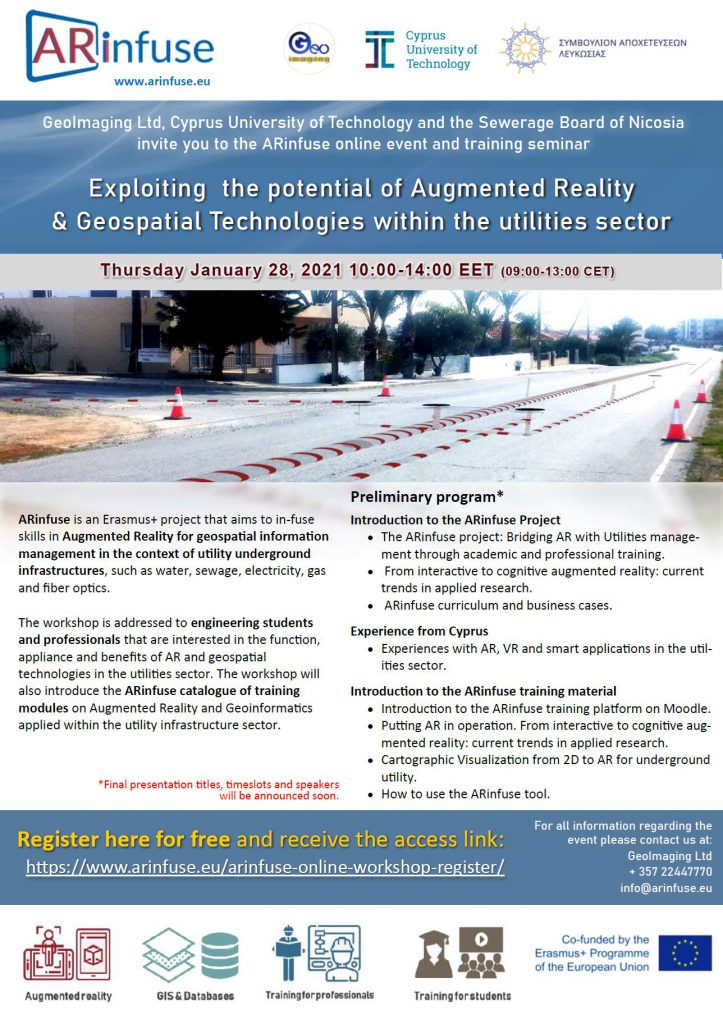We are excited to announce that the Augmented Vision group will present 3 papers in the upcoming VISAPP 2021 Conference, February 8th-10th, 2021:
The International Conference on Computer Vision Theory and Applications (VISAPP) is part of VISIGRAPP, the 16th International Joint Conference on Computer Vision, Imaging and Computer Graphics Theory and Applications. VISAPP aims at becoming a major point of contact between researchers, engineers and practitioners on the area of computer vision application systems. Homepage: http://www.visapp.visigrapp.org/
The 3 accepted papers are:
1. An Adversarial Training based Framework for Depth Domain Adaptation
Jigyasa Singh Katrolia, Lars Krämer, Jason Raphael Rambach, Bruno Mirbach, Didier Stricker
One sentence summary: The paper presents a GAN-based method for domain adaptation between depth images.
2. OFFSED: Off-Road Semantic Segmentation Dataset
Peter Neigel, Jason Raphael Rambach, Didier Stricker
One sentence summary: A dataset for semantic segmentation in off-road scenes for automotive applications is made publically available.
3. SALT: A Semi-automatic Labeling Tool for RGB-D Video Sequences
Dennis Stumpf, Stephan Krauß, Gerd Reis, Oliver Wasenmüller, Didier Stricker
One sentence summary: SALT proposes a simple and effective tool to facilitate the annotation process for segmentation and detection ground truth data in RGB-D video sequences.


